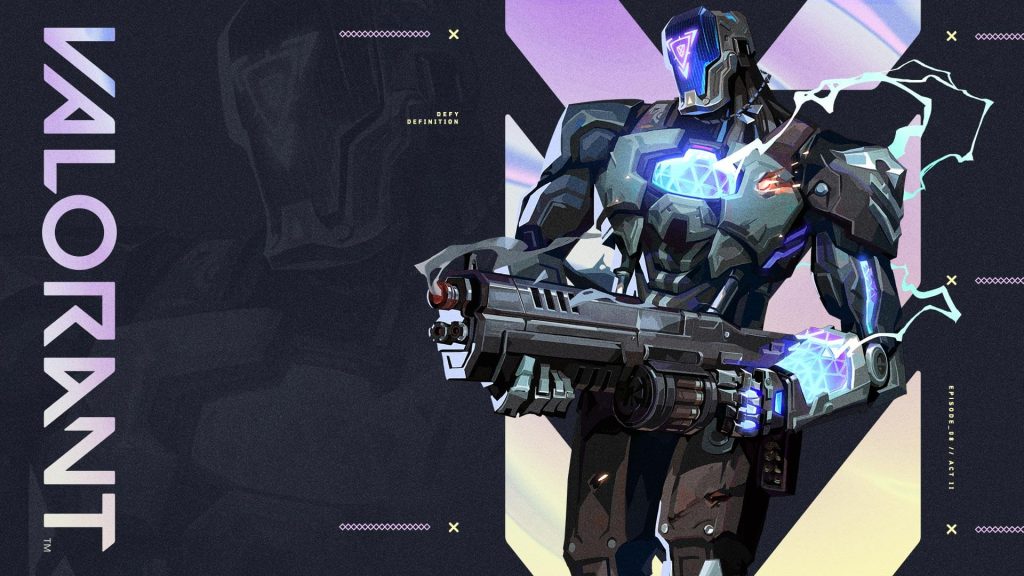The world of online games has long been dominated by sprawling studios churning out massive multiplayer experiences. However, a fascinating shift is underway, with a growing wave of success stories coming from independent developers, often working in much smaller teams. These indies are making big waves in the industry, proving that innovation and passion can compete, and even surpass, the financial muscle of giants. One key advantage indies possess is agility. Unburdened by the bureaucracy of large studios, they can adapt quickly to changing trends and player preferences. This allows them to experiment with unique mechanics, niche genres, and unconventional art styles, carving out spaces in the market that bigger studios might miss. Indie darlings like Stardew Valley and Hades are prime examples. Stardew Valley, a charming pixel art farming simulator, took the world by storm with its deep gameplay loop and relaxing atmosphere. Hades, a frenetic roguelike dungeon crawler with a captivating narrative, redefined the genre with its permanent progression system and focus on character relationships.

Another strength of indies is their ability to foster a strong connection with their player base. Smaller development teams often interact directly with players through forums and social media, building a sense of community and shared purpose. This close relationship allows indies to gather valuable feedback and iterate on their games based on player desires. This cycle of constant improvement and community engagement has fostered a passionate following for many indie titles, something that larger studios often struggle to replicate. Furthermore, the rise of digital distribution platforms like Steam and itch.io has leveled the playing field for indies. These platforms provide a cost-effective way to reach a global audience, bypassing the traditional gatekeepers of the industry. This allows even the smallest studios with the most niche titles to find their audience and achieve commercial success. Undertake, a quirky RPG about befriending monsters instead of fighting them, found a massive audience through digital distribution, proving that originality and heart can resonate with a broad spectrum of players.
Of course, being an indie developer is not without its challenges. Limited resources often mean smaller teams have to wear many hats, handling everything from coding and design to marketing and community management. Additionally, indies may struggle to compete with the high production values and marketing budgets of larger studios. However, despite these challenges, the future of online gaming seems bright for indies. As technology becomes more accessible and development tools become more user-friendly, the barriers to entry for aspiring valorant points game creators continue to fall. This, coupled with the growing appreciation for unique and innovative titles among players, means that we can expect even more amazing games to emerge from the world of independent developers. So, the next time you are looking for a fresh and exciting online experience, do not hesitate to explore the rich and diverse world of indie games. You might just discover your next favorite title, created by a passionate team with a vision unlike any other.